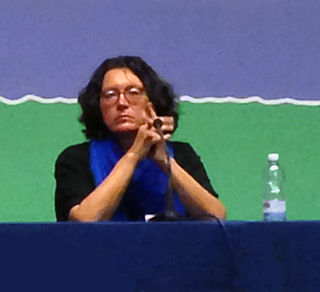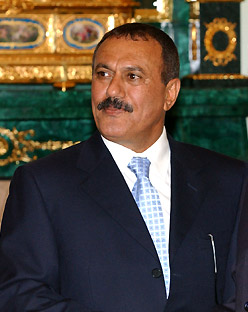A Quote by Vaclav Klaus
But how can you speed up the transformation of society in a country as large as Russia? Those sounding the moral outcry are the ones who are trying to dictate their standards from the outside. Of course, that isn't the right way to go either. One cannot impose democracy from the other side of national borders, which is something we ourselves experienced during the communist era. The West's policies toward Eastern Europe, the Helsinki process - none of that really helped us.
Quote Topics
Borders
Cannot
Communist
Country
Course
Democracy
Dictate
Eastern
Eastern Europe
Either
Era
Europe
Experienced
Go
Helped
Helsinki
How
Impose
Large
Moral
National
National Borders
None
Other
Ourselves
Outside
Policies
Process
Really
Right
Right Way
Russia
Side
Society
Something
Speed
Standards
Those
Toward
Transformation
Trying
Up
Us
Way
West
Which
Related Quotes
Every writer owes something to a particular tradition he/she grew up in. But no serious writer - other than the militantly nationalist ones - would reduce his/her domain of influence to a single tradition. Furthermore, historical breaks are so common and large in Europe that there are ruptures in every tradition which then connect the same generations across national borders. Younger Eastern European writers, for instance, have more in common with other writers of the same age in Europe, than with the previous, communist-era generations in their own countries.
I'm optimistic about Turkey's prospects for reaching the E.U.'s standards of development, governance, and democracy, whether inside or outside the E.U. Provided you have a prosperous, rational society in Turkey that can interact with Europe and the West, I don't really care what kind of institutional arrangement you have. The point to make about Turkey and Europe is that it's a very long, drawn-out process. What's important is that the process not be stopped, that Turkey and Europe evolve in the right direction, on a path of convergence. Convergence is the name of the game.
What children don't understand, and can't understand until they grow up some, is how much the whole fabric and process of human society depends on everybody agreeing to ignore, most of the time, the fact that all of us are, most of the time, inadequate, incompetent, pitiful, and, in fact, naked to our enemies. None of us really has very much in the way of spiritual, moral clothing. We dress ourselves in rags. And we agree to say nothing about it. To a very large extent, it is human charity that clothes us.
Some people say Russia is running at 50 percent of its gross domestic product under that during the Communist period. In fact, none of the countries seems to have recovered the level that they had under communism, although the other countries in Eastern Europe are doing better than Russia and particularly the Czech Republic seems to be doing modestly well. East Germany I can't count because they have a rich uncle. You have economic benefits which have nothing to do with the workings of the system.
My entire life was dedicated to defeating communism. I felt really great when Ronald Reagan helped us establish peace and the elimination of communism from Russia. We are now dealing with a national power, and, you know, it is a big power in the world. It's no longer being motivated by communist ideology that has it trying to overthrow democratic governments and replace them with atheistic communist dictatorships.
Totalitarian regimes produce a culture and a moral code that is totally different from what happens in a democracy. There are two moral categories in a communist society: honest men and bad men. The "honest" ones resist compromising or collaborating with the regime, while the "bad" are the persecutors and collaborators. You can choose to be on one side or the other, but there is nothing in between. In a normal society, other factors can define who you are. You can be a good worker, sociable, tough, generous, tolerant, collaborative, friendly.
Please remember one lesson of the 20th century. One cannot force happiness, impose happiness on nations by imposing any kind of utopia on others. The Communist model of society was a kind of imposed utopia for which the Russian people in particular paid a great price. Still, sometimes we see that attempts are being made to impose some other kind of model on the entire world - maybe a Westernized or Americanized model... This is not the way to go because this can only create conflict.
Any country is hard to govern, even a very small country. It's not a question of whether the country is large or small. It's a question of how you relate to the work, to what extent you feel responsible for it. Russia is also hard to govern. Russia is at the development stage of both its political system and the creation of a market-based economy. It's a complicated process, but very interesting. Russia, actually, is not just a large country, it's a great country. I mean its traditions, and its cultural particularities.
That`s how you end up with a guy like Dan Fried, overseeing the U.S. sanctions against Russia for Russia did in Ukraine and Crimea.Russia hates those sanctions more than they love life. They hate those sanctions. So, of course, you need your toughest and most experienced guy running those sanctions.
One by one, these governments came undone, and were forced into IMF tutelage (and national illegitimacy) by the careening oil prices, the debt imbroglio, and falling terms of trade. The last of these governments to fall were the Communist regimes of eastern Europe, which have now gone the way of other Third World countries. The second in the cascade of bifurcations is thus symbolized by 1989.











































